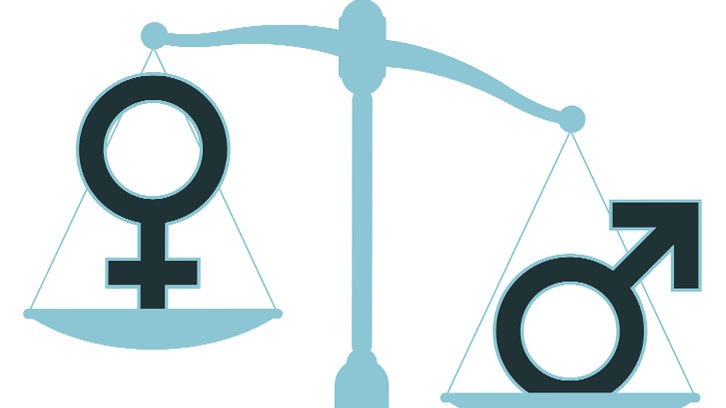Women and Political Power: an incomplete investiture

Author: iStockphoto/sirup.
The structural inequality between men and women is mostly evident in institutional policy, ie, the collective government. Decisions about driving societies, in general, remain in the hands of a males with a closed racial assignment, and a particular class and family background.
This work does not lie in the question of how a society places women in vulnerable positions and most disadvantaged, nor to show the sexist, racist and classist exclusion occur as a universal experience for all women. The research is located in a gap less studied in which you can find subjects that society has labeled as women who broke all expectations about their class and social position and have come to occupy some of the most important and representative offices of the Colombian politics.
This paper explores the experiences and discourses of women who have made a political career and have held positions in Congress (in one of the two chambers) or, at least, have advanced political campaigns to fill one of those seats. This study explores what some analysts have called “elites discriminated” groups formed by individuals who come to occupy positions that are socially recognized, valued and the main means of social mobility, but whose arrival changed little of the overall structure, marked by exclusion and oppression of their peers.
According to previous works that serve as background to this thesis, studies analyzing the percentages of women elected to Congress tend to be limited to the presentation of statistical and numerical balances. It is obvious that few women run for election and, of course, very few are elected, therefore this effort focuses on establishing what about those women who manage to overcome the current margin of exclusion, to break down barriers and to become part of the political elite.
This analysis uses political philosophy in order to show women as political subjects, part of a regime that cannot be explained from the behaviors, actions, qualities or defects of individual women but from unraveling the logic underlying a political, social and economic order that keeps more than half the population outside from the sphere of political decision-making. Women research subjects stories, voices and trajectories are used to expose a power's scheme that establishes the way that they identify themselves as individuals, as women, as politicians.
References
“Las mujeres y el poder político: una investidura incompleta”, Angèlica Bernal Olarte doctoral thesis, read at the Department of Philosophy and supervised by doctor Victoria Camps Cervera.

